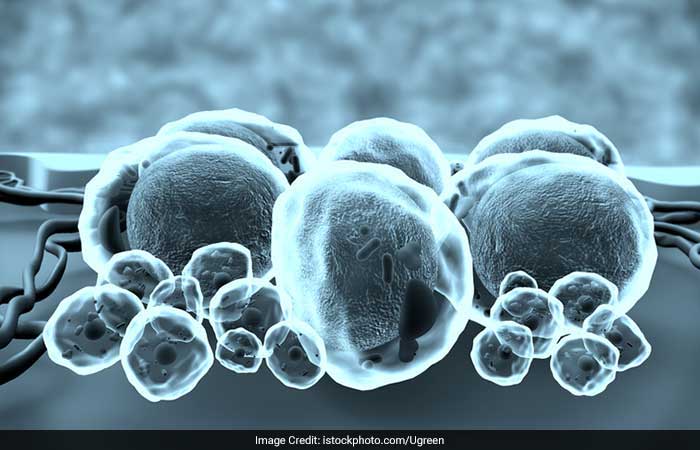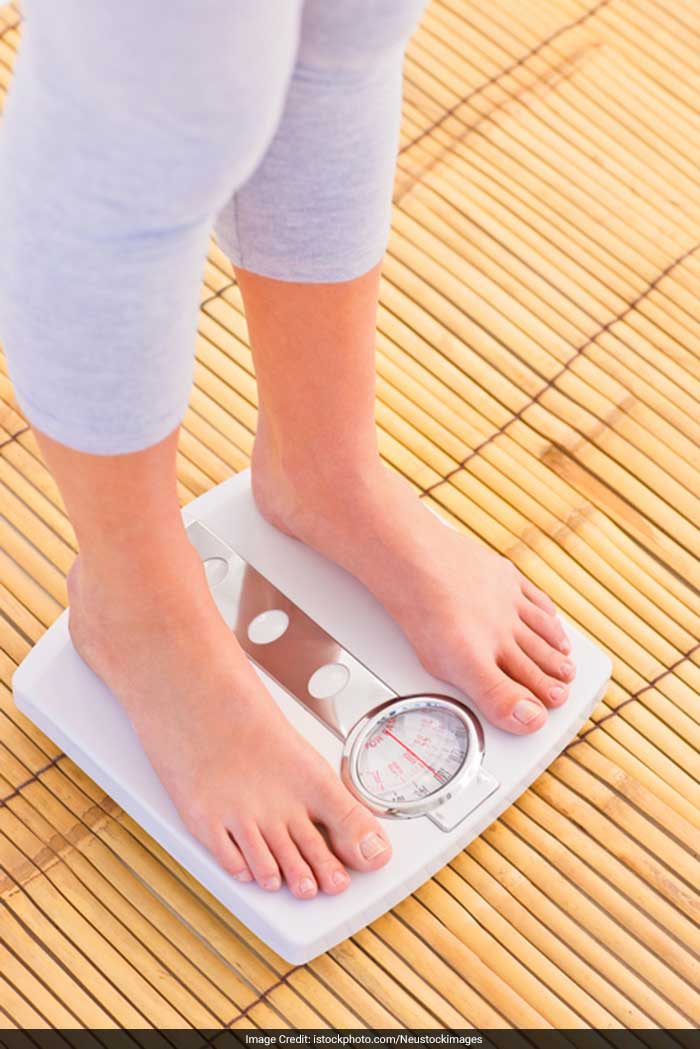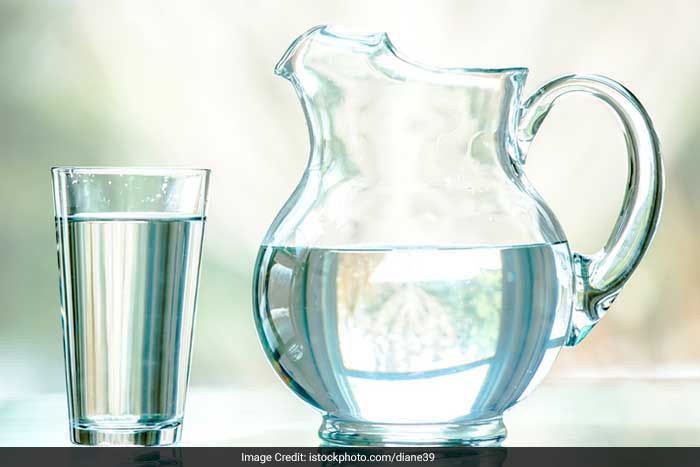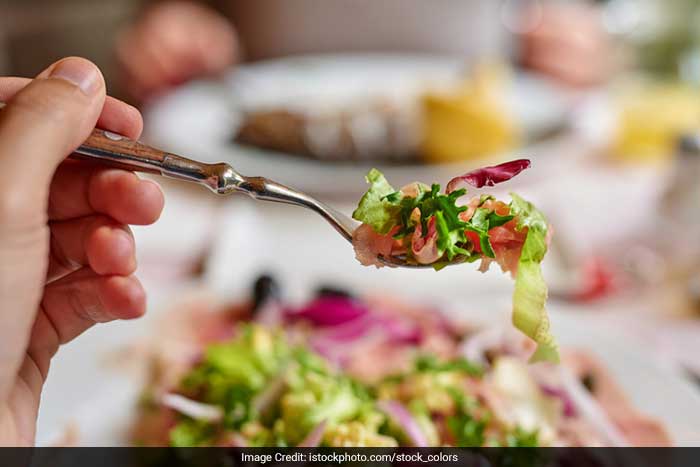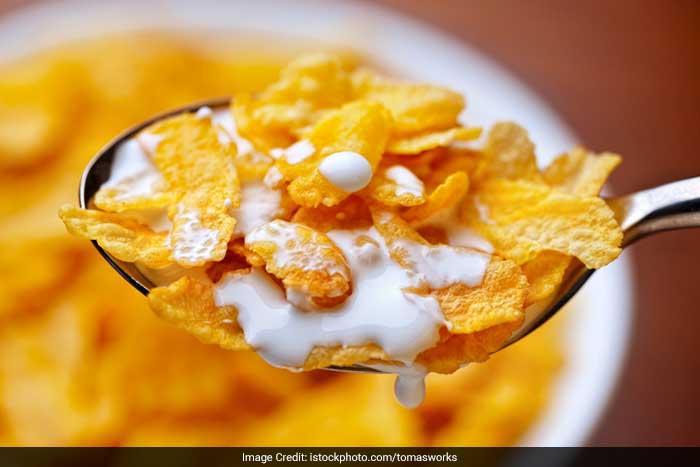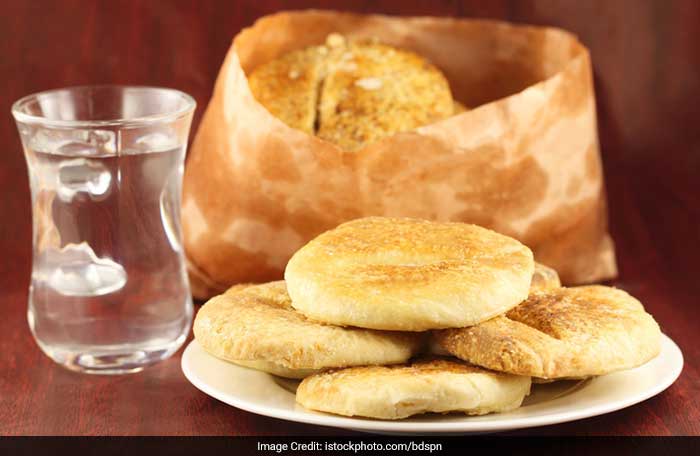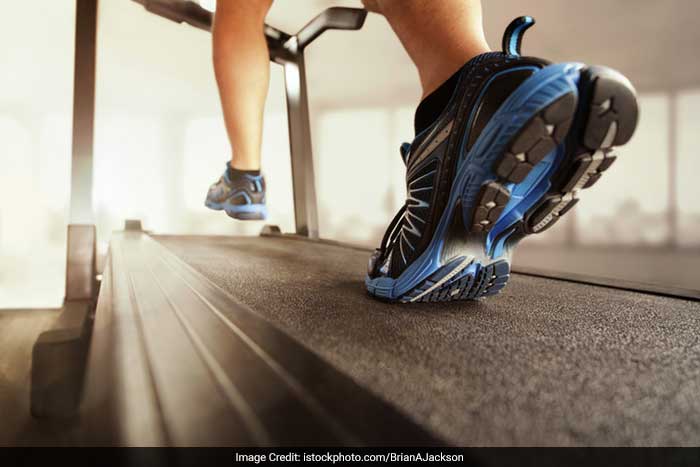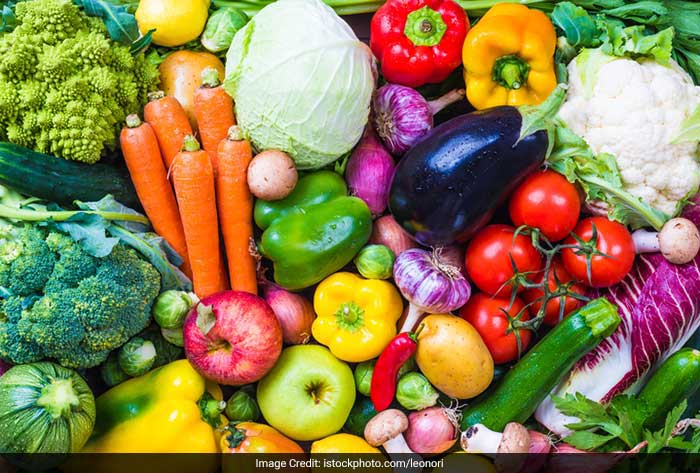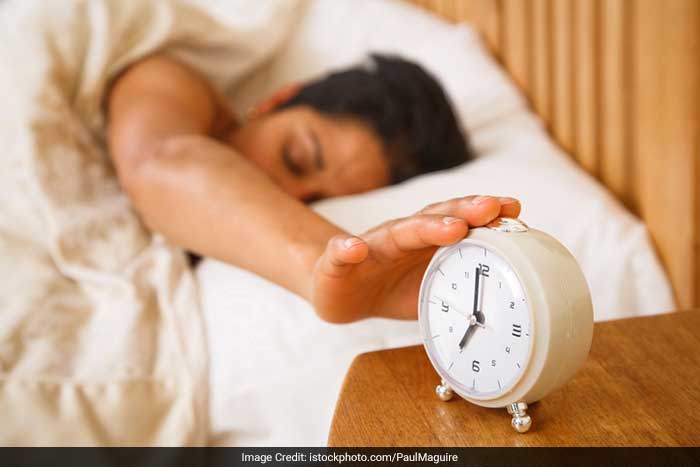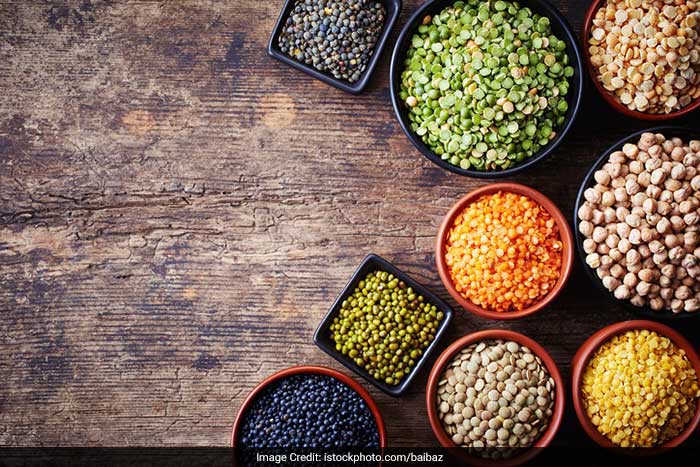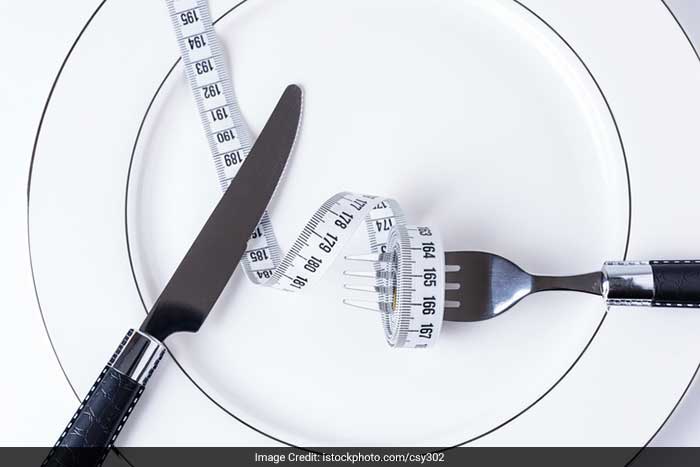Health Photos
-
Metabolism is a chemical process in our body, which can be described as the speed of calorie burning or the number of calories we burn every day. Every person has an individual metabolic rate, and that is why some of us can eat a lot and remain slim, and some have to eat less in order to remain in a normal weight.
-
Some people have low metabolism, so calories burn slower in their body and the rest of the calories get stored. Some people have high metabolism, so they can eat a lot and have lower risks of putting on weight.
-
Drink 6-8 glasses of water every day. It helps increase your metabolism and remove toxins and extra fat from the body. Drinking ice cold water before meals will shrink your stomach so you feel full quicker.
-
Eat 4-6 times a day and avoid skipping meals. Failure to eat consistently can lead to a slower metabolism and fat storage. Skipping meals slows down your metabolism.
-
Your first meal that is the breakfast sets your metabolism for the day and keeps it going as long as you eat every three hours. If you get up early and eat a late breakfast, you missed out on several hours of burning calories.
-
Trans fats are found in biscuits, breads, confectionaries, fast-foods, fried food items, including namkeens, fried sweets, many cakes and pastries, ready to eat meals, fast foods, junk foods, microwave meals and snacks and much of the street, restaurant and hotel food etc. They harm by increasing the cholesterol levels in the blood. They also increase other harmful fats in the blood. They also bring down the "good cholesterol", or HDL cholesterol, in the blood. You will never get the body you desire by eating fast food, frozen dinners etc. If it's man-made, it's not the best choice. So, avoid trans fats as far as possible.
-
Stay active at least six days a week. Exercise, jog or at least walk 2-3 km daily. Take the stairs whenever possible or park further out to get that little bit of extra movement and keep the heart and lungs working optimally. Studies have shown that little movements such as tapping your toes while working also help burn calories.
-
Fibre can rev your fat burn by as much as 30 percent. Studies find that those who eat the most fibre gain the least weight over time. Aim for about 25 grams a day- the amount in about three servings each of fruits and vegetables.
-
Studies in the past have shown that those who go to bed late and sleep less than the required 6-7 hours tend to be more stressed out and have more visceral fat. Visceral fat, also called intra-abdominal fat, refers to the fat that surrounds the internal organs.
-
Protein helps stabilise the secretion of insulin into your blood stream, a process that can boost metabolism. The average person would benefit from protein intake at a minimum of 70 grams or higher each day.
-
Although exercising any time is good for you, evening activity may be particularly beneficial. Many people's metabolism slows down toward the end of the day. Thirty minutes of aerobic activity before dinner increases your metabolic rate and may keep it elevated for other two or three hours.
-
If you follow those crash diets that ask you to almost starve for food, then beware. Not eating anything may translate into a slower metabolism and fat storage.


